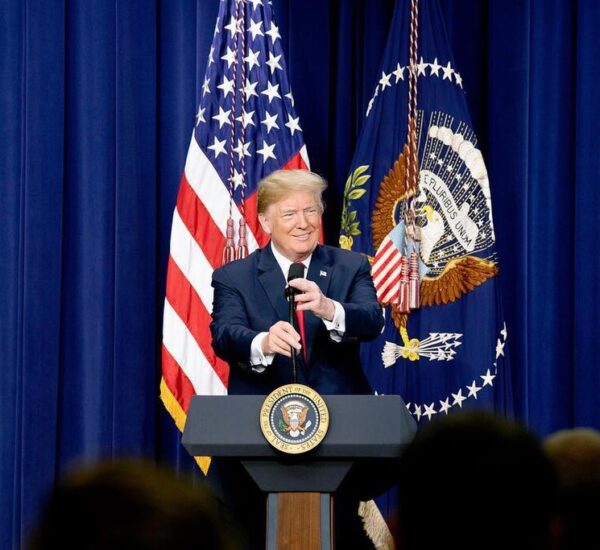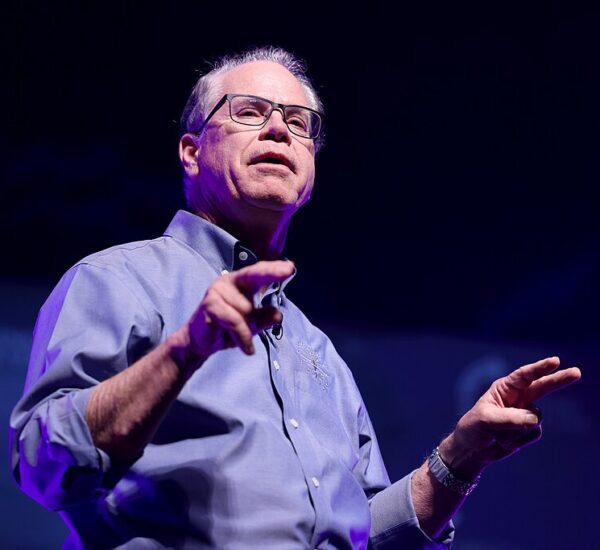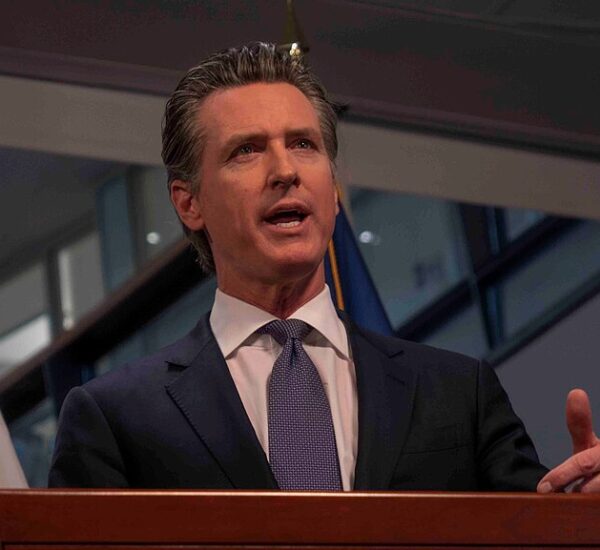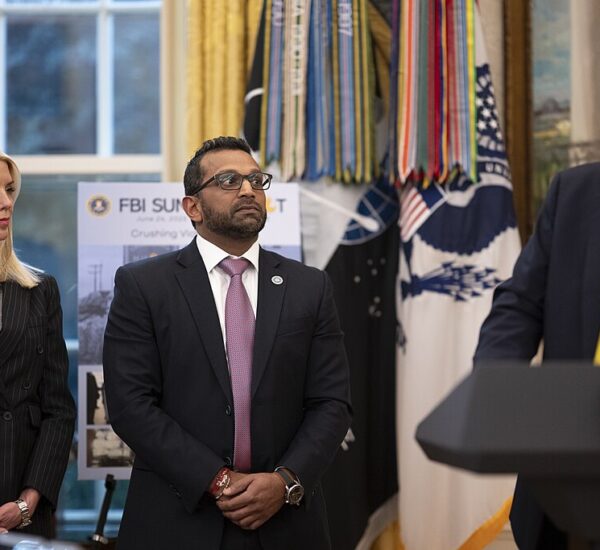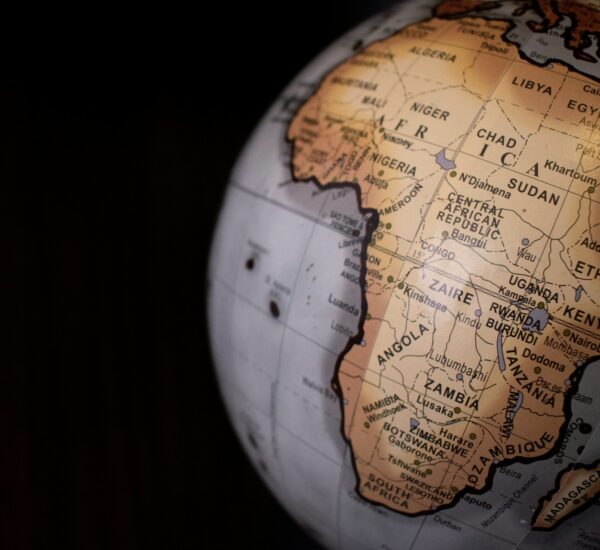Trump wants answers.
White South Africans Seeking Refuge as Farm Murders and Land Seizures Spark Global Concern
WASHINGTON, D.C. — President Donald J. Trump sounded the alarm in a high-stakes Oval Office meeting Wednesday, confronting South African President Cyril Ramaphosa over the growing crisis of farm attacks, land seizures, and anti-white rhetoric that many are calling a human rights emergency.
To highlight the issue, President Trump dimmed the lights and played a shocking five-minute video showing scenes of violence, political rallies, and disturbing calls for the murder of white farmers. “Thousands of white South Africans are applying for refugee status,” Trump said. “We want to save lives.”
Explosive Footage Reveals Radical Calls for Violence
The footage shown included clips of left-wing firebrand Julius Malema — leader of the Economic Freedom Fighters — encouraging chants like “Kill the Boer, the farmer,” while singing and dancing in packed stadiums. Another clip showed Malema saying, “We are cutting the throat of whiteness.”
Additional scenes featured former President Jacob Zuma singing an anti-apartheid song that critics say promotes hatred and incites violence against South Africa’s white minority.
“These are crimes against humanity,” Trump said, visibly disturbed. “And nobody is talking about it.”
White Farmers Face Land Confiscation and Targeted Killings
President Trump also condemned a controversial South African law allowing the government to confiscate unused farmland, a move seen by many as an attack on private property and individual rights. South African-born billionaire Elon Musk — a top Trump adviser and the world’s richest man — watched the meeting closely.
Trump told Ramaphosa that a South African friend had warned, “They take your land and then they kill you.”
“This is the reverse of apartheid,” Trump said. “And the media won’t cover it.”
Ramaphosa Responds: “That’s Not Government Policy”
President Ramaphosa, 72, remained calm during the intense hour-long exchange, insisting that the government does not support Malema’s rhetoric. “That is not our policy,” Ramaphosa said.
Trump pushed back, asking, “Why wouldn’t you arrest that man?” — referring to Malema and the crowds of supporters cheering his statements.
In a diplomatic gesture, Ramaphosa brought prominent white South Africans with him to the U.S., including golf legends Ernie Els and Retief Goosen, and thanked Trump for providing COVID-era ventilators that helped South Africa in 2020.
South African Minister Admits Farm Violence Is Real
Jan Steenhuisen, South Africa’s agriculture minister and a leading voice in the centrist Democratic Alliance party, acknowledged that violence in rural farming communities is a serious and growing problem.
“We’re not sugarcoating anything,” Steenhuisen said. “We need more policing. We need real solutions.”
He also confirmed that the Democratic Alliance entered a coalition with Ramaphosa’s party to keep radicals like Malema out of power.
In last year’s election, the African National Congress (ANC) saw its support drop to 40%, while Steenhuisen’s Democratic Alliance earned about 21%, with the rest split between Zuma’s MK party and Malema’s EFF.
Union Leader Claims Crime Hurts Everyone — Not Just Whites
Zingiswa Losi, leader of South Africa’s largest labor union, tried to shift the narrative, telling President Trump that South Africa is a violent country for all races, especially poor black communities. “This is about crime, not race,” she claimed.
President Ramaphosa echoed that point, blaming violence on unemployment and inequality. “That’s why we’re here,” he said. “We need American investment to rebuild our economy and solve these problems.”
America Responds: Fast-Tracking White South African Refugees
President Trump has already begun fast-tracking refugee status for white South Africans fleeing violence and discrimination. More than 50 refugees have arrived in the U.S. in recent weeks, with more expected in the months ahead.
Trump’s strong stance has drawn praise from humanitarian groups and conservative leaders, many of whom have long called attention to the crisis facing South Africa’s white farming population — a group that once helped feed the entire continent.


